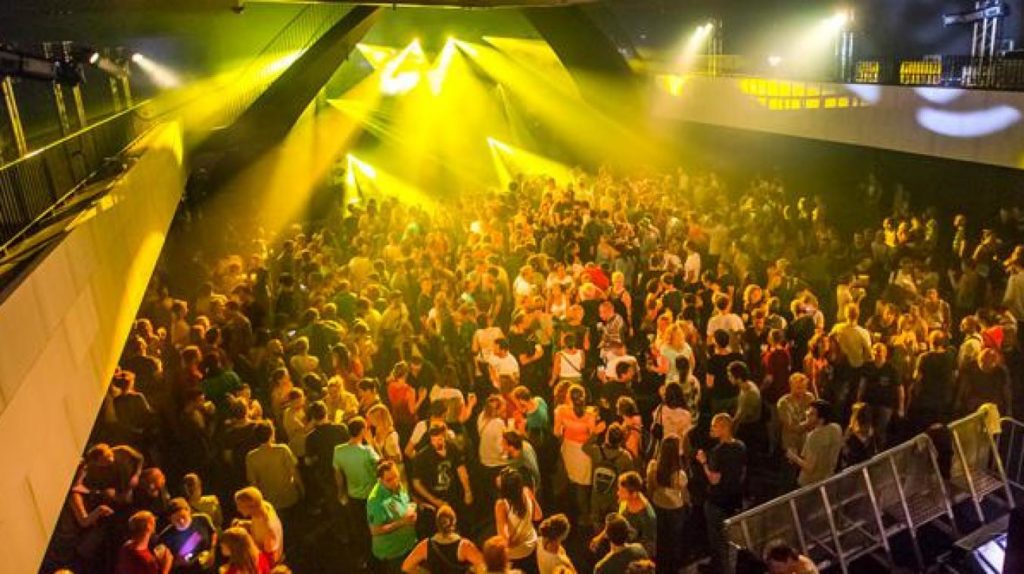The test event which was organised at the dance hall La Madeleine in Brussels on Saturday 3 July has been named a "medical success", as none of the over 250 attendees tested positive following the party.
The 'Dance Again' event, during which people could party without a face mask and social distancing, was an experimental test night to analyse whether the resumption of nightlife during the coronavirus pandemic based on rapid antigen testing before the event a good idea, medically.
Only people who could provide evidence of a recent negative antigen test could attend the event, organised by La Madeleine in collaboration with the City of Brussels, Brussels Expo and Brussels Major Events, the CHU Saint Pierre, the Université Libre de Bruxelles (ULB) and the Brussels By Night federation.
Following the event, the swabs were also sent to the LHUB laboratory (Brussels University Hospital Laboratory) for a comparative PCR test of which the results now confirmed no one became infected, according to the office of the alderman for Culture of the City of Brussels Delphine Houba.
Related News
- One-third of young travellers who tested negative in Spain tested positive in Belgium
- Two thirds of Belgians plan to travel this summer
Around ten people, as well as one artist, were not allowed to attend the party as a result of a negative coronavirus test result, however, only one person's PCR test result was negative, meaning all other cases were "false positives".
The complete conclusions regarding the health and logistical management of the event are still being analysed, according to Houba's office.
Last week, in light of this event, Yves Coppieters, an epidemiologist at the University of Brussels (ULB), called on the government to completely reopen nightlife, following the example of the Netherlands, where nightlife has restarted with the help of compulsory testing before an event.
"Young people are hungry for nightlife. However, the necessary protocols need to be worked out, such as, for example, the compulsory display of a coronavirus certificate," he said.
“If measures are lifted elsewhere, surely that means this is not unreasonable. It seems as if politicians are afraid to give the young people their freedom back,” Coppieters added.
He argued that the same principle for travel should be implemented, and that entry should be based on whether people have a coronavirus certificate, with proof of full vaccination, a recent negative PCR test or proof of a recent infection, indicating immunisation.
However, in Enschede, in the Netherlands, almost 200 out of 600 people who went to a party at a nightclub tested positive with the coronavirus, even though all partygoers were asked to present a negative test or a vaccination certificate upon entry.
People could only enter with a QR code ticket, which has led to speculations that attendees exchanged QR codes with others to get in.

